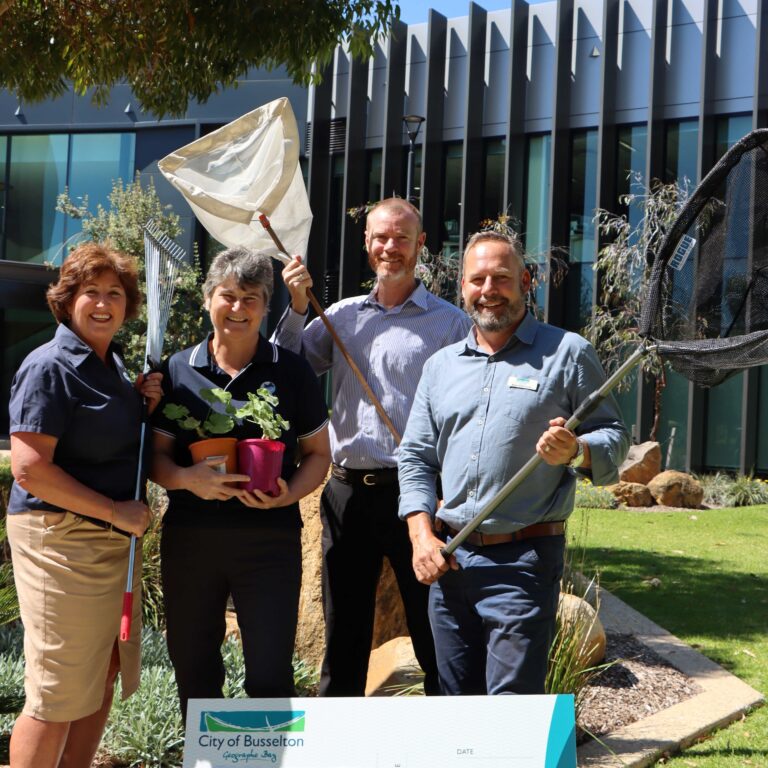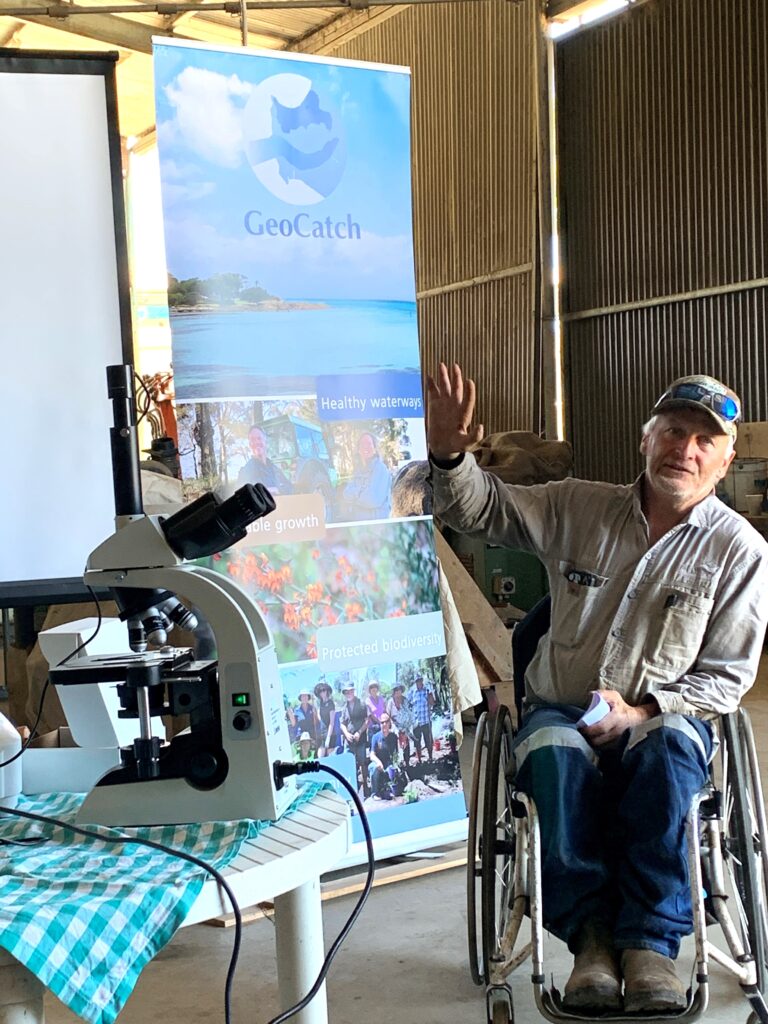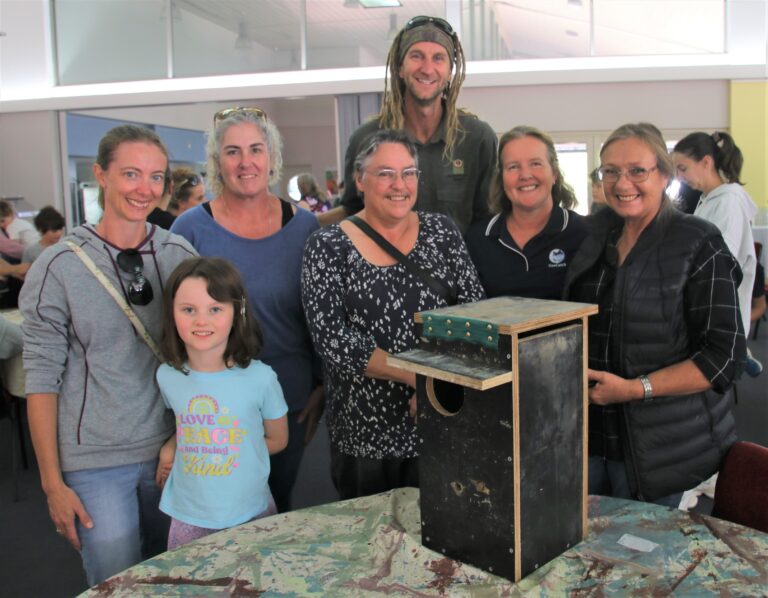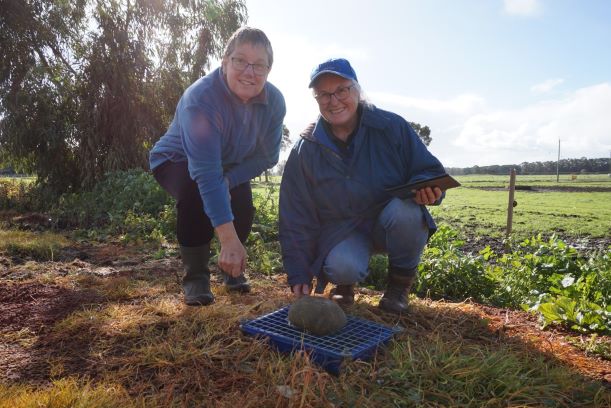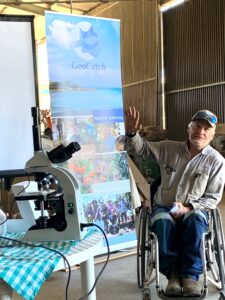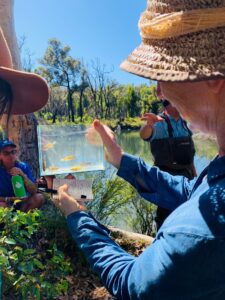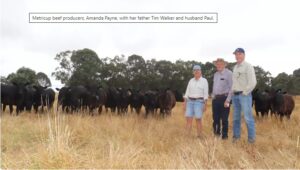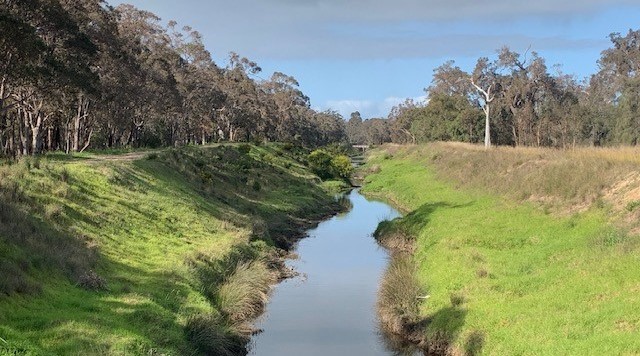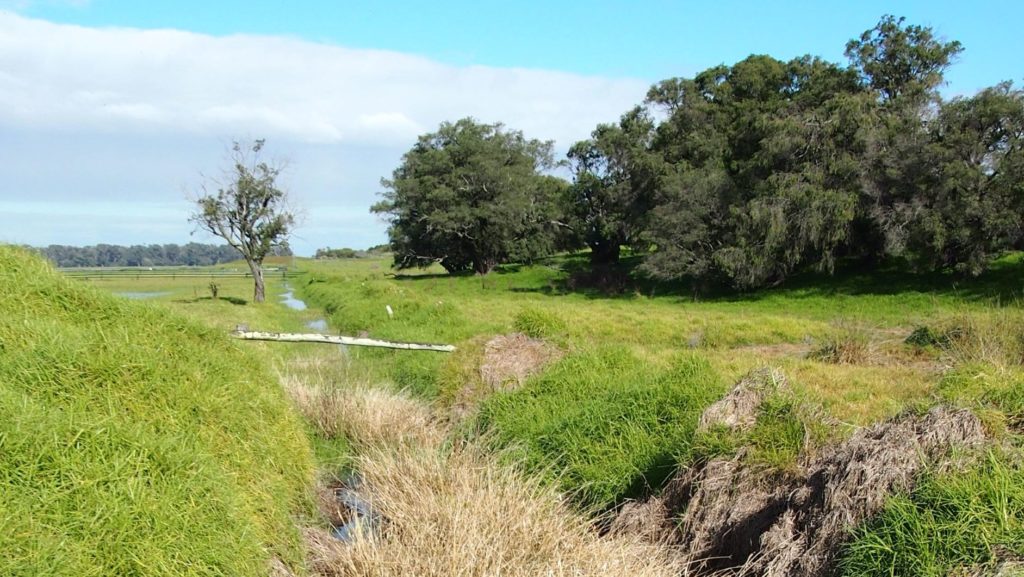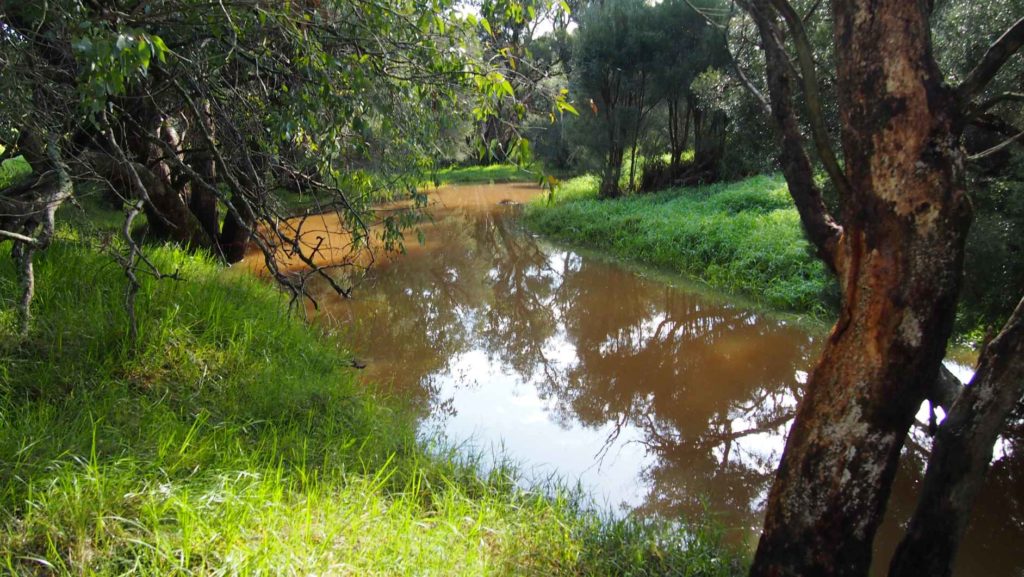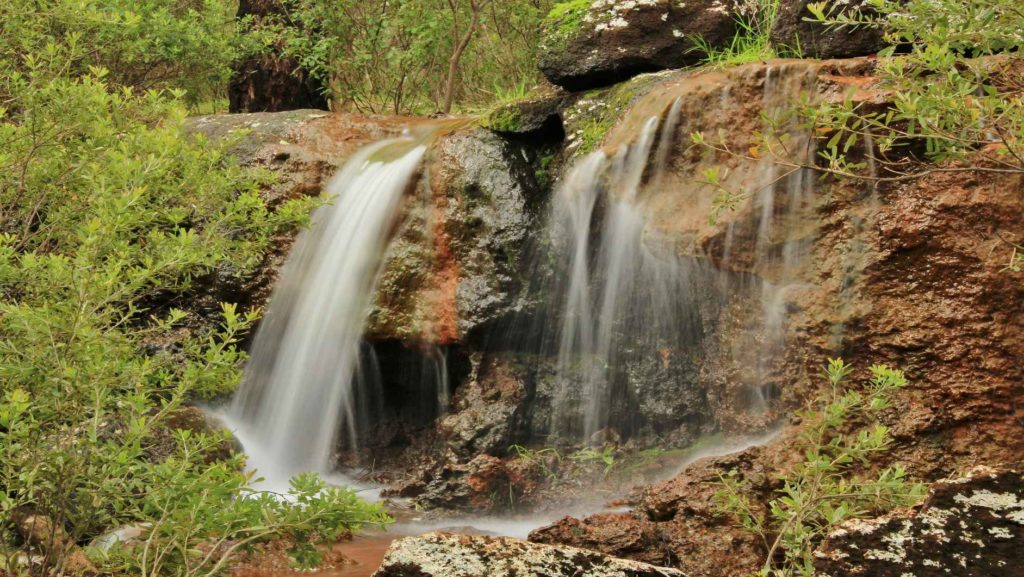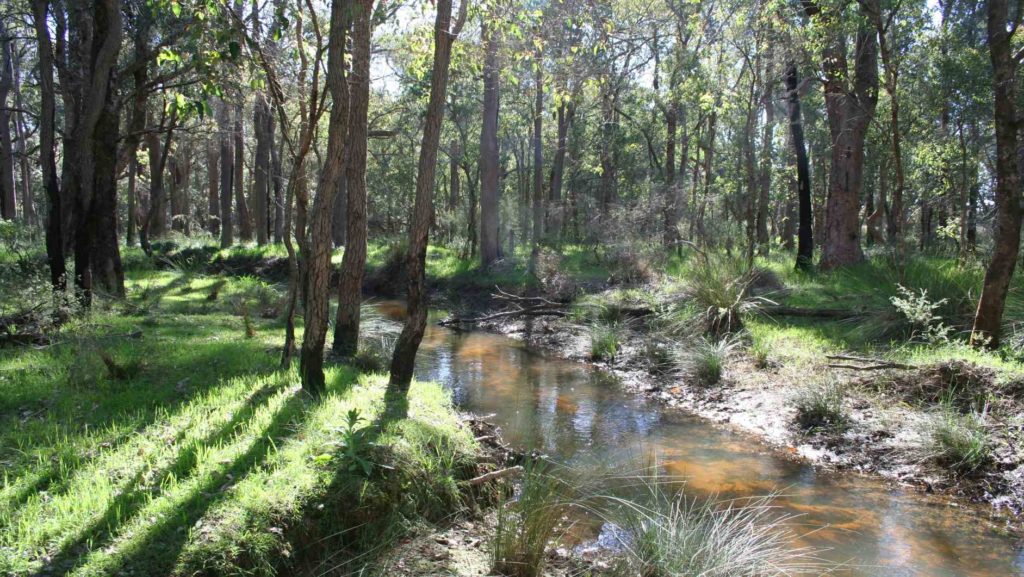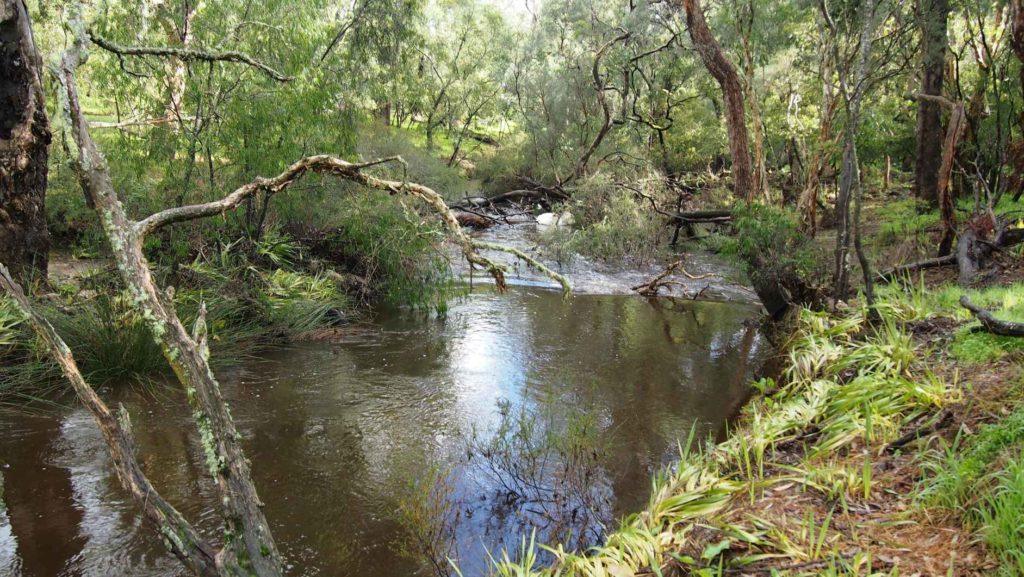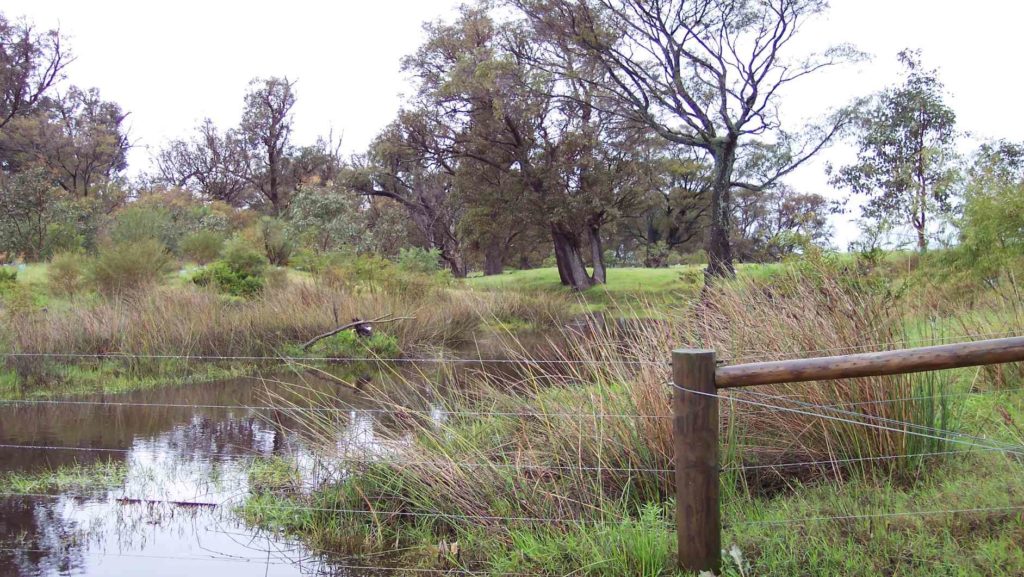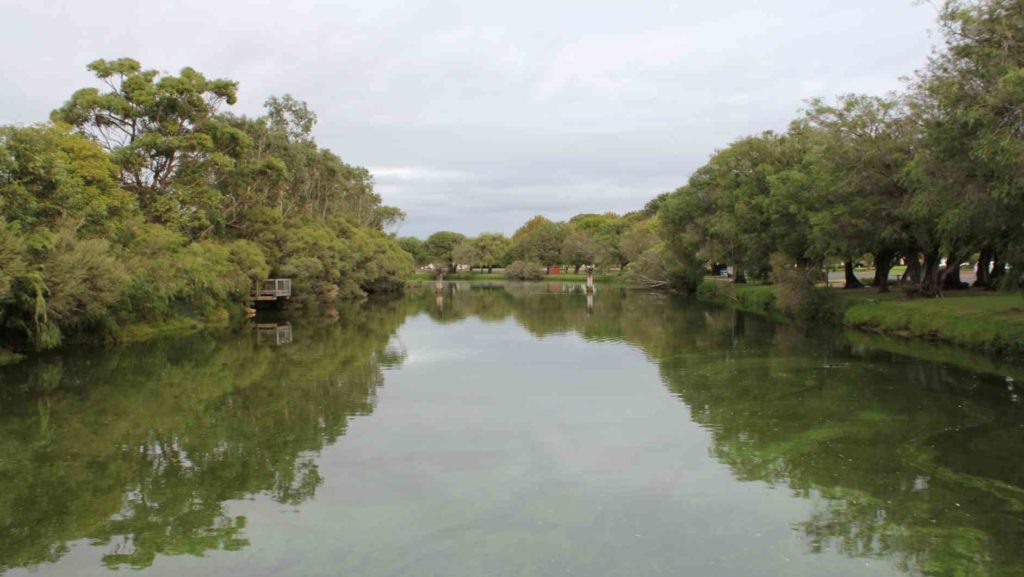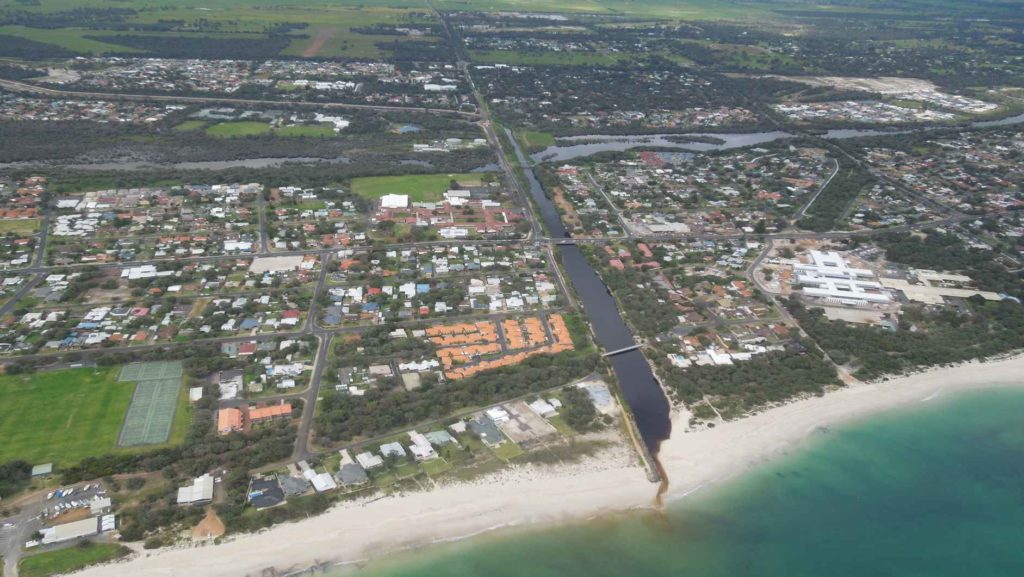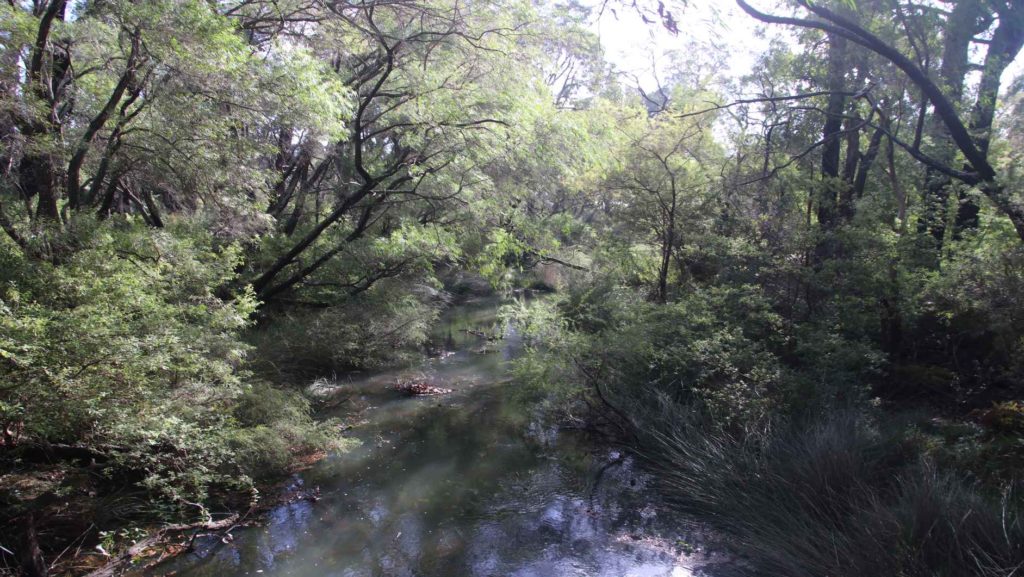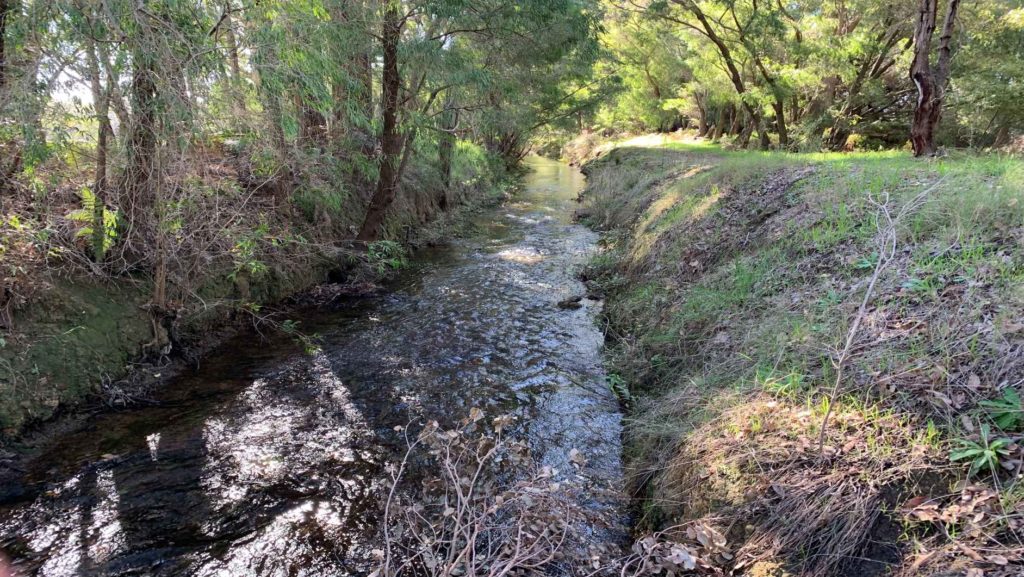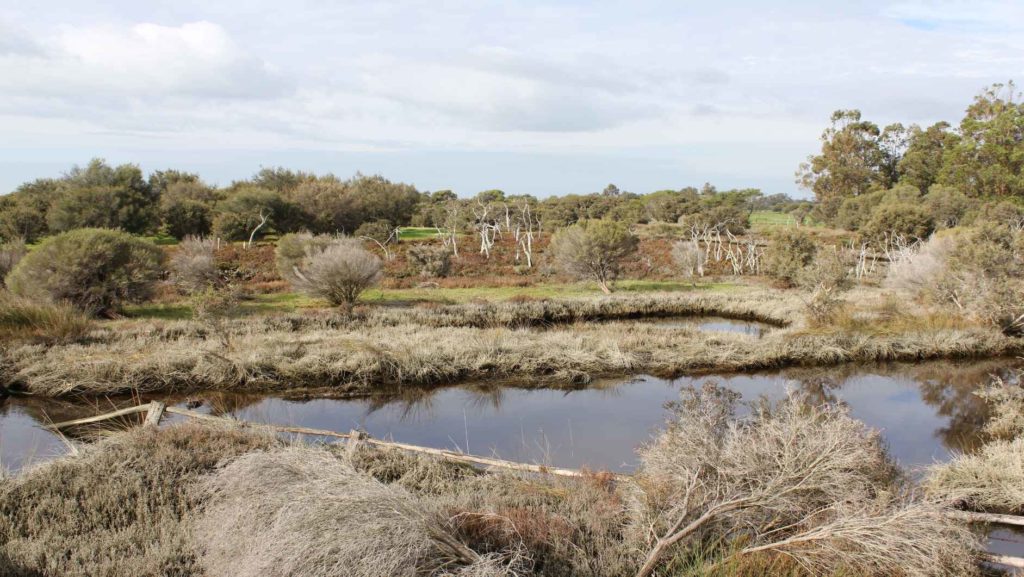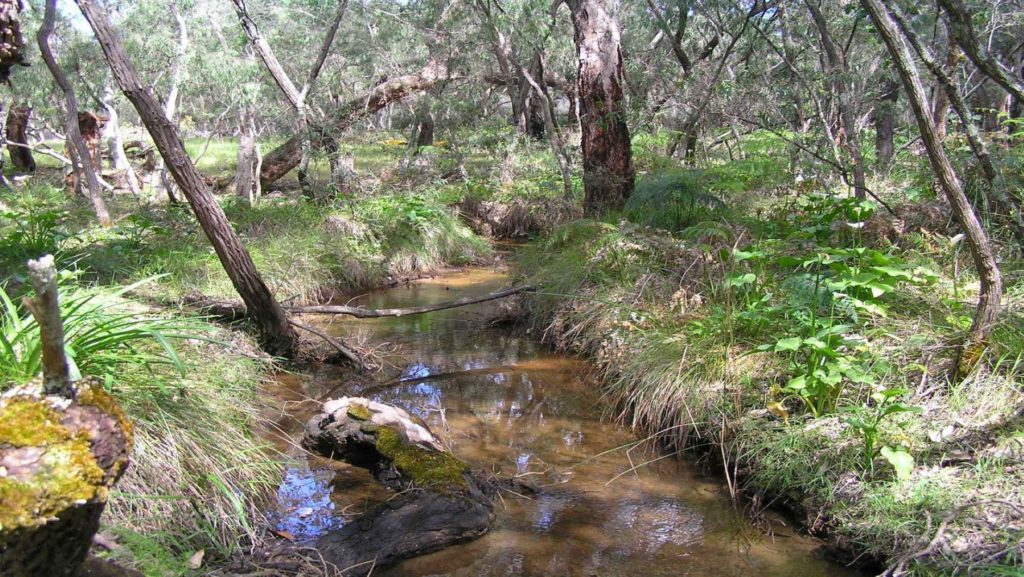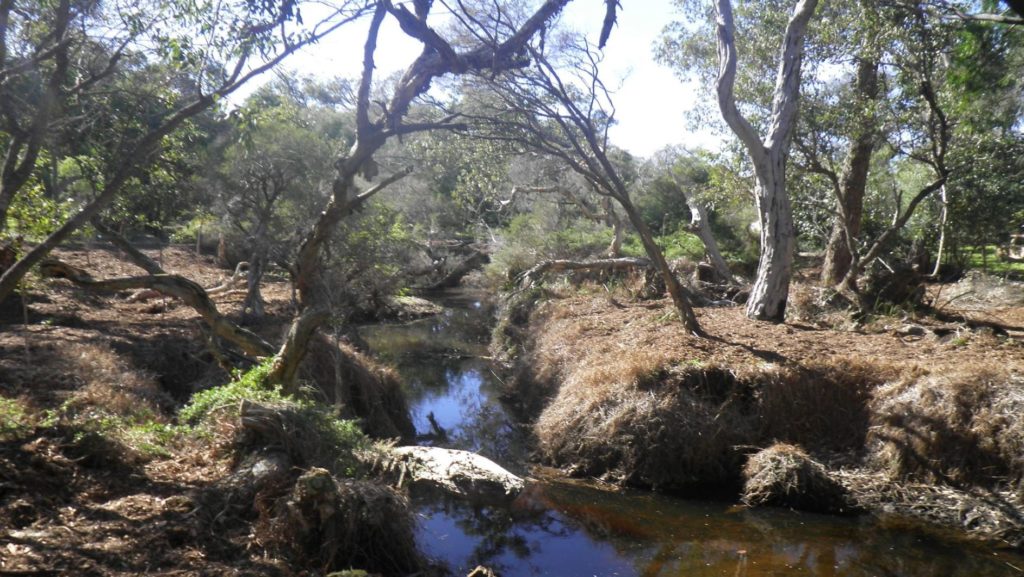Dung beetles not only reduce fertiliser costs for farmers, they help manage the summer flies that plague the Geographe Bay Catchment each summer.
Recognised as ecosystem engineers, dung beetles have played an important role in sustainable farming since they were introduced to Australia in 1967.
GeoCatch Project Officer, Jenelle Schult, has been working with local farmers to promote the benefits of dung beetles.
“Dung beetles not only dispose of cow pads and control the fly nuisance, they also improve soil fertility by burrowing nutrients deep into the soil,” she said.
“This reduces the chance of cow poo running off into local waterways and reduces the need for fertiliser”.
“Farmers recognise the key role that dung beetles play in nutrient cycling; keeping both profits and nutrients on the farm.”
Helping to gather more local data on dung beetles, Elaine Haddon and Lindsay Wolridge have set up dung beetle traps on their Yoongarillup and Anniebrook properties to monitor active species as part of the Dung Beetle Ecosystem Engineers project. This national initiative is analysing the performance of dung beetles for livestock producers.
Dung Beetle Ecosystem Engineers (2017-2022) is a project funded by the Australian Government Department of Agriculture as part of its Rural R&D for Profit Program, led by the Meat and Livestock Association (MLA) in conjunction with multiple funding and research partners.
Farmers and the community are invited to join GeoCatch for a dung beetle webinar on Thursday, 30 July at 12:00pm to find out the benefits of these hard-working insects. Visit geocatch.asn.au to register.
The event is part of the Revitalising Geographe Waterways program supported by the State Government to improve water quality, waterway health and management of Geographe waterways.


